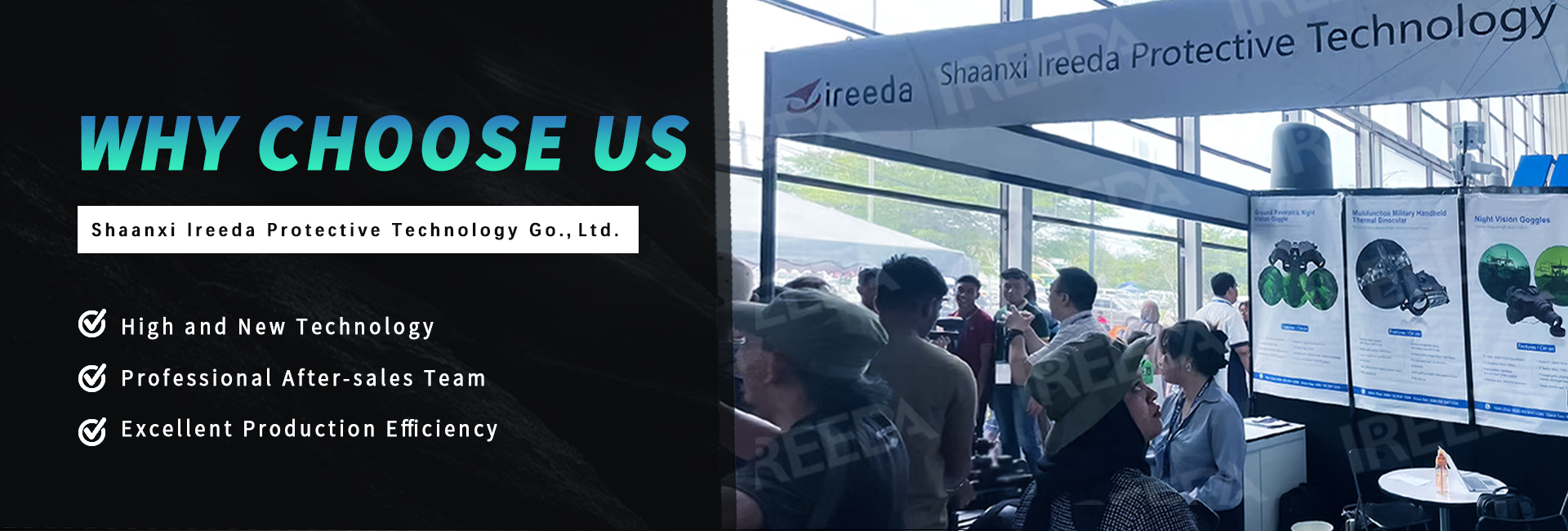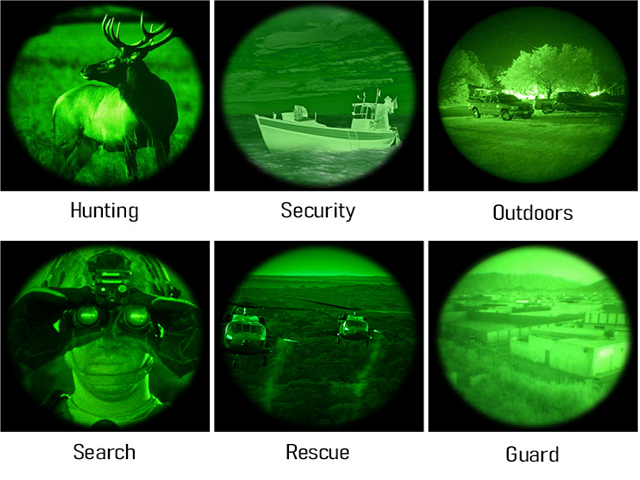Revolutionizing Night Vision: The Evolution of Image Intensifier Tubes
WhatsApp/ Wechat: 0086-18291418396
The Genesis of Image Intensifier Tubes
The journey of Image Intensifier Tubes began during World War II, where the need for improved night vision capabilities became evident. Researchers and engineers set out to create a device that could amplify available light, allowing soldiers to operate in low-light conditions. The result was the first-generation image intensifier, which could convert faint light into visible images.
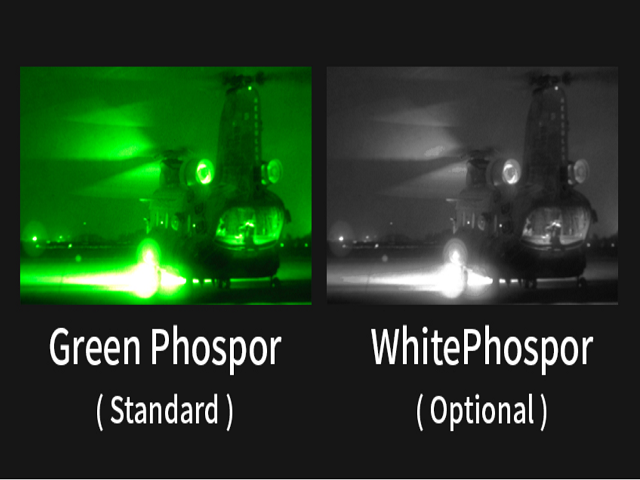
How Image Intensifier Tubes Work
Image Intensifier Tubes operate on a simple yet ingenious principle: light amplification through electron multiplication. The core components of an IIT include a photocathode, a microchannel plate (MCP), and a phosphor screen.
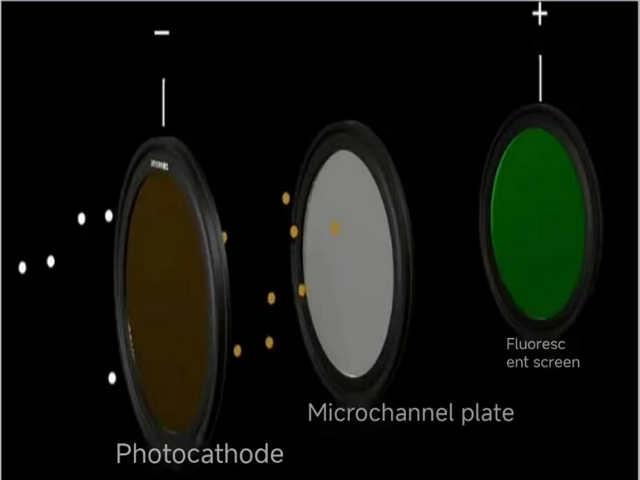
Photocathode: This component converts incoming photons (light) into electrons. It's often made of materials that have a high quantum efficiency, such as gallium arsenide or cesium antimonide.
Microchannel Plate: The MCP is a key player in the amplification process. It's a thin, flat glass disk with millions of microscopic channels etched into it. When the electrons from the photocathode strike the walls of these channels, they trigger a cascade of secondary electrons, resulting in a significant amplification of the original electron count.
Phosphor Screen: The amplified electron signal from the MCP strikes the phosphor screen, which emits visible light in response. This final step provides the viewer with a bright and clear image of the scene.
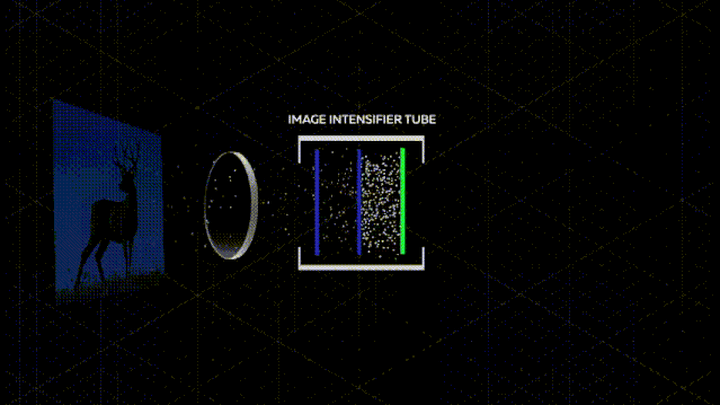
Generations of Image Intensifier Tubes
Over time, IITs have undergone multiple generations of advancements, each marked by improved performance, reduced size, and enhanced features:
First Generation: The original IITs, while groundbreaking, suffered from limited resolution and noticeable distortion.
Second Generation: This iteration introduced a microchannel plate that enhanced image brightness and clarity. Additionally, an ion barrier film was incorporated to increase tube life.
Third Generation: The third generation IITs brought significant improvements, including reduced noise, extended tube life, and better sensitivity to infrared light.
Fourth Generation: The latest and most advanced generation, the fourth generation IITs, incorporate features like gated power supply, reduced halo effects, and improved resolution. These tubes can operate in both low-light conditions and against bright backgrounds, further enhancing versatility.
Applications and Impact
The impact of Image Intensifier Tubes extends across various domains:
Military: Night vision technology has revolutionized military operations, providing troops with the ability to operate covertly in the dark, conduct surveillance, and navigate challenging terrains.
Law Enforcement: Police and security personnel utilize IITs for surveillance, pursuit, and tactical operations during the night.
Wildlife Observation: Biologists and researchers study nocturnal animals without disturbing their natural behavior, contributing to a better understanding of wildlife ecosystems.
Photography: Photographers capture stunning images of celestial bodies, landscapes, and other subjects under the cover of darkness.
The journey of Image Intensifier Tubes, from humble beginnings in World War II to the cutting-edge fourth generation, showcases the relentless pursuit of enhanced night vision capabilities. These devices have not only transformed military operations but have also found applications in diverse fields. As technology continues to evolve, ireeda will continue to innovate and develop ,we can anticipate even more advanced iterations of IITs, pushing the boundaries of what's possible in the realm of nocturnal observation.
WhatsApp/ Wechat: 0086-18291418396
